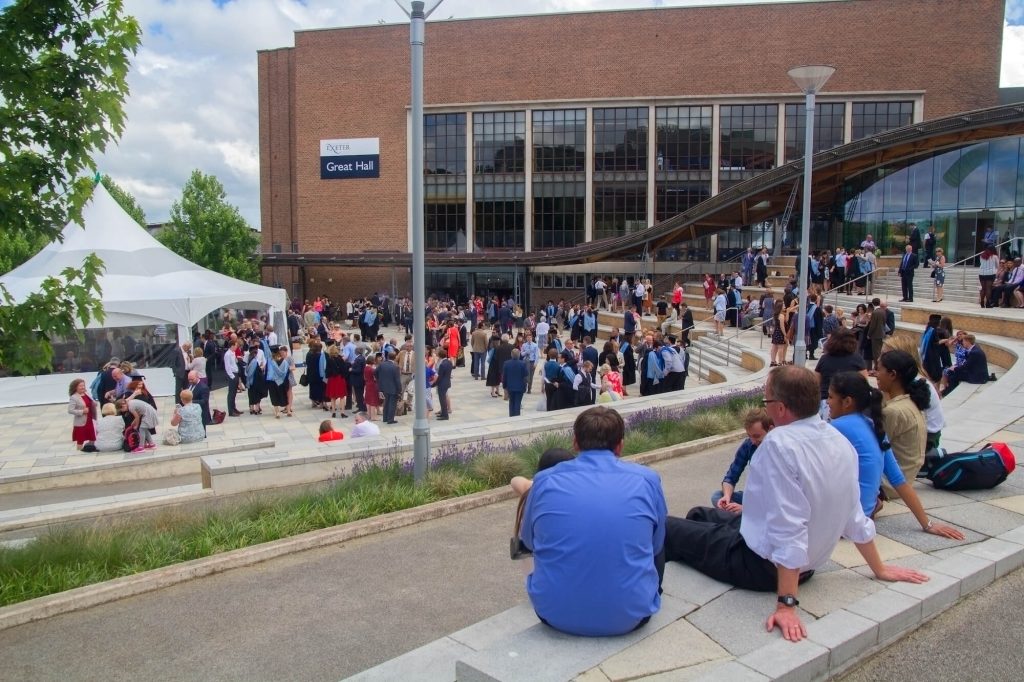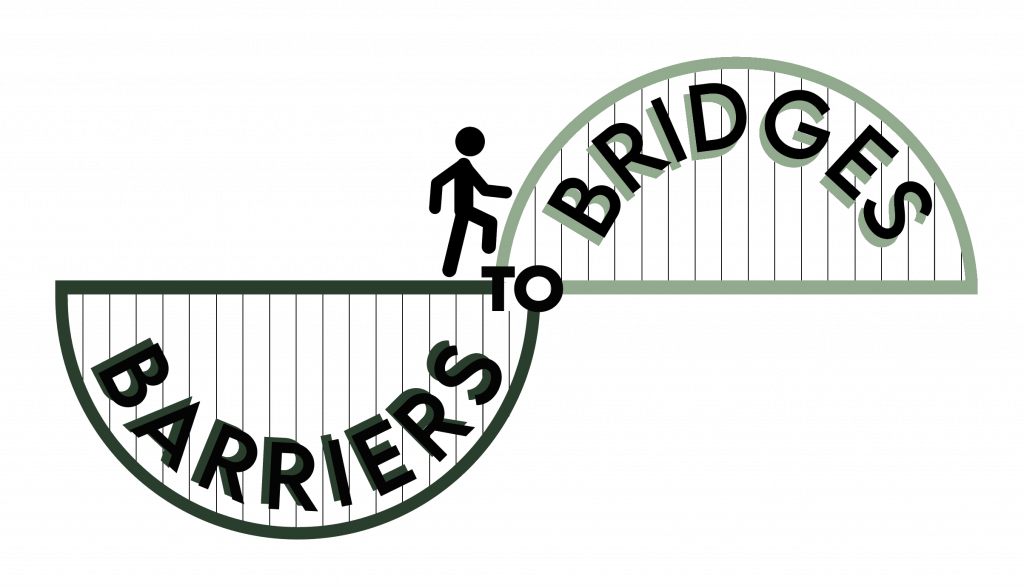by Dawn M. Sanders
Gone are the days of chanting, ‘education is the right of the privileged’ when students demonstrated the broken promise of abolishing university tuition fees. Nick Clegg’s Liberal Democrats who, governed in coalition with the Conservative party, immediately scrapped the pledge upon entry into government. The outrage, the enthusiastic rallies and sit-ins all faded, but it of course cost the Lib Dems the next election. Twelve years on and higher education is seemingly more out-of-reach for working-class young people than ever – keeping attending university, an exclusive experience reserved for the middle-classes or those facing few barriers in life.
As the parties, club/society fare sign-ups, inductions, library tours and grandiosity of fresher’s week has vanished, and students are seated in lecture theatres absorbing high levels of knowledge – other young people might be filling in applications to Tesco or waiting to hear if they have a shift within the gig economy. In today’s meritocracy, can young people dream without the means to pay for such a life-enhancing experience? Can one enter a career without a degree?
“Not everyone wants a 9 to 5 job. You might go to university and go on to do something creative and make your own way in the world, start your own business, whatever.” Tom Gay.

Dr Karl Devincenzi, Recruitment and Schools Relationship Manager at University of Exeter, offers words of encouragement. Scouting for prospective students, from Scotland to the Channel Islands, his team provide facts-based information to pupils, teachers and parents to maximise informed choices. However, there are alternative pathways. For example, in the last few years, universities have moved away from fees for a full 3-year course favouring a career pension. He describes how students work with an employer and the employer helps with the tuition. A student can earn a salary for a year and do day releases or blocks of residential learning. Dr Devincenzi cites a viable alternative if the barriers are financial. Other options for students considered disadvantaged are – contextual degrees, different from what is advertised on their website – offering financial support throughout and on completion of this type of degree; supporting first-in-the-family university goers; differing grade requirements from those from deprived areas; fee wavers for care leavers and support for students estranged from family. Dr Devincenzi said: “So, I guess my key message is, if there are concerns of the additional challenges they’re facing (when considering ‘what do I want to do’) we have a lot of provision in place. Ultimately, we want every student who comes to us to succeed academically – we provide a lot of peer support and learning – such as tailoring work-experience, exchange programmes – there is a lot of support once they’re with us.”
Dr Devincenzi asserts degree apprenticeships are rapidly developing. However, are found in specific disciplines and depend on what an employer offers.
Tom Gay, twenty-seven from Dawlish, Devon – has nearly completed an engineering apprenticeship. He describes his journey after leaving school at 16 and upon finishing his GCSEs and a level 3 B-Tech in engineering, not wanting to hang on in education – opting for work with an engineering company. Starting out assembling parts working with components, he stayed with this company for several years, took a 7-month break, decided to return to education via an apprenticeship which, his employer was happy to support. “I think the big pro in apprenticeships compared to university, depending on what kind of person you are and what course you’re doing, can be very beneficial. I like the idea of being able to earn money and learn at the same time.” he said. Another 20-year-old young man from Devon, known as T, agrees. “The jobs I have gone for and achieved so far have given me a good insight as to why I want to be a chef. I enjoy what I do – when you’re working around people that make work a good place to be and learn, it makes all the difference. Learning on the job in my line of work is like having a personal, private tutor, so you can learn much quicker – Also, the pressure of the kitchen keeps you focused.” Gay stresses one way isn’t better than the other – going to university vs work or an apprenticeship, as there are pros and cons either way. However, he says: “Not everyone wants a 9 to 5 job. You might go to university and go on to do something creative and make your own way in the world, start your own business, whatever.”
T stressed he has already achieved different levels of education to reach his goals. Due to difficulties growing up, he didn’t have a great relationship with school or college and cited the thought of going into such debt being intimidating.
Through years of personal experience and further research, a university will bend over backwards to provide the necessary means for students with additional needs. Whether a translucent overlay for students with dyslexia, braille transcription for students with a visual impairment or note-takers, there is a wealth of support. However, there need to be diagnoses for conditions such as dyslexia and any additional funding generically termed DSA (Disabled Students Allowance) requires an assessment by a home local authority, so there are hoops to jump through. If young people have more complex additional challenges, there are specialist colleges or vocational programmes dotted up and down the country – many leading to supported voluntary or paid work.
This generation easily faces more challenges than any of previous times. The gig economy is exploitative and young people are handed an unfair lower minimum wage. Going to university is hugely life enhancing but is never the be-all and end-all and isn’t for everyone. If you are young and interested in pursuing any of the options discussed – do some digging, get help from a trusted someone, but alternatives are out there.
© 2022

Very interesting article. This article points to the challenges facing our youth, shares many avenues of attaining higher learning, and even offers hope. Loved it!